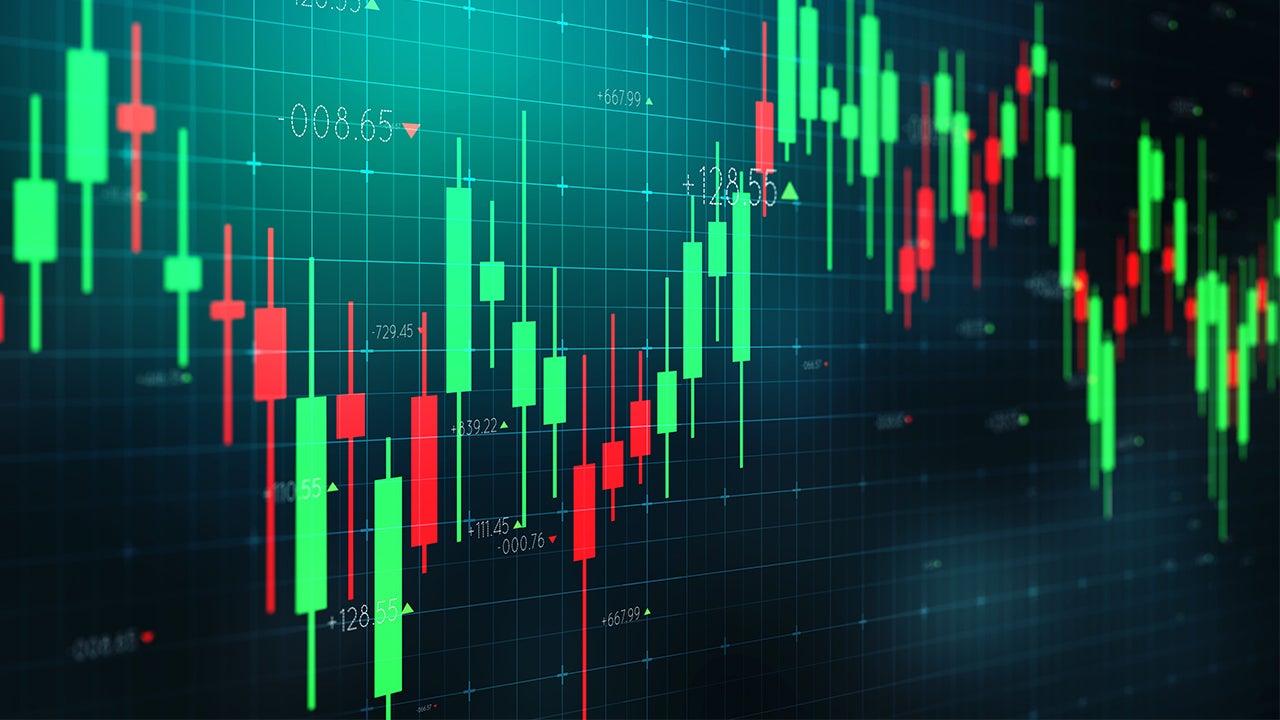
Equities India equities post-election outlook
The Indian election was narrowly won by Narendra Modi's Bharatiya Janata Party (BJP), but what are the investment implications. Find out more.

An active strategy of around 40 companies in emerging markets outside China derived through bottom-up analysis, and with a tight focus on valuation.
Many investors now have dedicated equity exposure to China. A growing number of them have expressed a desire to treat China separately when allocating to emerging market equities. This isn’t out of the ordinary: large individual markets are often removed from regional equities as they grow.1
By investing in an emerging market ex China fund, investors can achieve greater country and sector diversification, while reducing the specific political, regulatory and geostrategic risks associated with investing in China.
Due to its rapid economic growth and substantial market size, China has come to dominate the emerging markets universe today. But beyond the shadow of China lies a diverse opportunity set: each country comes with its own idiosyncrasies and inefficiencies, providing fertile ground for active stock pickers like us.
We seek to buy companies for less than they are worth and spend most of our time evaluating their ‘fair value’. Our valuation-led approach incorporates rigorous fundamental analysis, meaning we can identify the likely sources of mispricing and how our views differ from consensus.
We tend to initiate positions in stocks temporarily out of favour, which increases the potential rewards without relying on undue optimism. We target a double-digit annualised return from each stock we buy2, as we ride the transition from contrarian to popular.
We favour net cash balance sheets as a form of insurance, should the investment case not play out as anticipated.
The value of investments and any income will fluctuate (this may partly be the result of exchange-rate fluctuations) and investors may not get back the full amount invested. The fund invests in emerging and developing markets, where there is potential for a decrease in market liquidity, which may mean that it is not easy to buy or sell securities. There may also be difficulties in dealing and settlement, and custody problems could arise. As the Fund typically has a concentrated number of holdings, it may carry a higher degree of risk than a fund which invests in a broader range of holdings or takes smaller positions in a relatively large number of holdings. The fund may use derivatives (complex instruments) in an attempt to reduce the overall risk of its investments, reduce the costs of investing and/or generate additional capital or income, although this may not be achieved. The use of such complex instruments may result in greater fluctuations of the value of the fund. The Manager, however, will ensure that the use of derivatives within the fund does not materially alter the overall risk profile of the fund.

The Indian election was narrowly won by Narendra Modi's Bharatiya Janata Party (BJP), but what are the investment implications. Find out more.

Emerging markets ex China are offering investors substantial opportunities, helping them diversify portfolios and reduce country concentration risk. Find out more.

India has become the top performer among emerging Asian countries.
Charles Bond, fund managerEmerging market equities offer a substantial opportunity set for active investors – with or without China.
The team has been successfully investing in Asian and emerging market equities for over 20 years. Today, the team’s Asian equity strategies have a combined AuM of > EUR 12 billion.
Chinese equities have taken an ever-greater slice of the emerging markets pie over the years. While only around 5% of the MSCI Emerging Markets index consisted of Chinese equities 20 years ago, they make up around 30% of the index as at December 2023.
China’s growing dominance in widely followed emerging market benchmarks has caused investors to worry about concentration risks. Combined with investors becoming more wary of China-specific risks, this has fuelled demand for products that can limit their exposure to the world’s second biggest economy.
Many emerging markets benefit from the same positive demographics that have made China a compelling case, such as a rising middle class and a younger population. Over the past 20 years, emerging market returns have been similar – with or without China.
You can invest in the Asian and emerging market stock markets by investing in actively managed mutual funds or exchange traded funds (ETFs). Invesco offers a broad range of actively managed funds and ETFs.


Let us know using the form opposite and one of our specialist team will quickly get back to you.
This marketing communication is for Professional Clients only and is not for consumer use. Data is as at 31/12/2023 and sourced from Invesco unless otherwise stated. This is marketing material and not financial advice. It is not intended as a recommendation to buy or sell any particular asset class, security or strategy. Regulatory requirements that require impartiality of investment/investment strategy recommendations are therefore not applicable nor are any prohibitions to trade before publication. Views and opinions are based on current market conditions and are subject to change. For information on our funds and the relevant risks, refer to the Key Information Documents/Key Investor Information Documents (local languages) and Prospectus (English, French, German, Spanish, Italian), and the financial reports, available from www.invesco.eu. A summary of investor rights is available in English from www.invescomanagementcompany.lu. The management company may terminate marketing arrangements. Not all share classes of this fund may be available for public sale in all jurisdictions and not all share classes are the same nor do they necessarily suit every investor.
EMEA3318848/2024